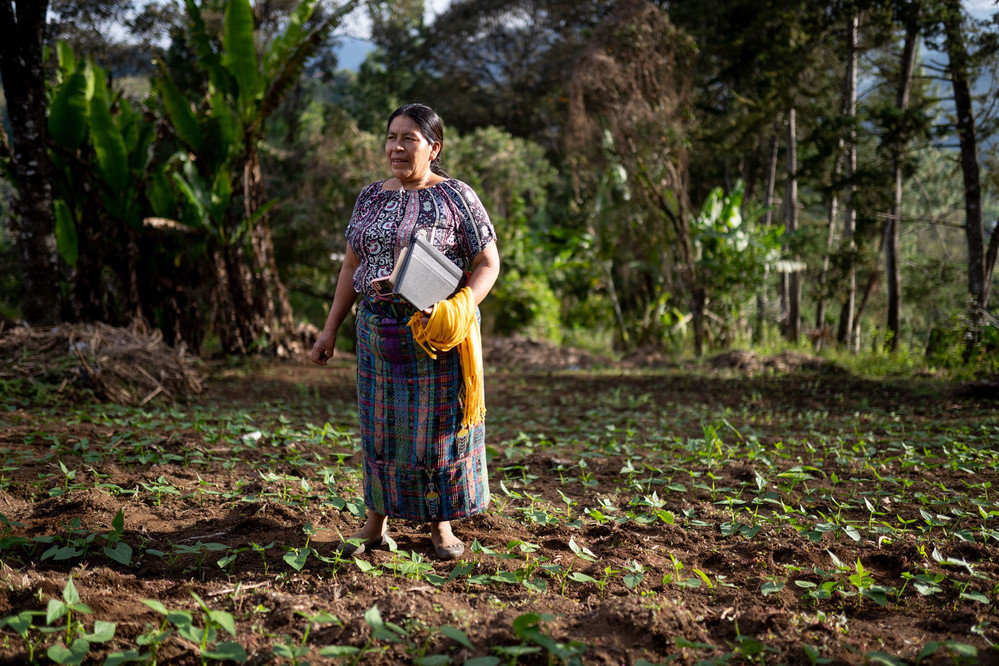A new investment will help increase access to finance for small businesses, especially women-owned firms, while promoting sustainable projects in Mexico. IFC supported the MXN3,000 million (~US$150 million equivalent) publicly listed sustainable bond issued by Operadora de Servicios Mega (GF Mega), a leading Mexican leasing company with over 15 years of operating experience in providing specialized financial solutions to small- and medium-sized enterprises, which are largely underserved by traditional bank institutions.

Photo credits: IFAD / Santiago Billy
This is the first sustainable bond issued by a private sector non-bank financial institution (NBFI) in Mexico. IFC subscribed MXN564.5 million (~US$28.2 million equivalent) for its own account, and mobilized funds from other investors. The proceeds of the bond will be used to finance social and sustainable ventures. IFC's role as an anchor investor has helped in strengthen the credibility and transparency of the issuance process, fostering financial inclusion and contributing to the nation's climate goals.
Small and medium enterprises (SMEs) are the backbone of Mexico's economy, accounting for 78 percent of jobs and 72 percent of gross domestic product (GDP). Yet, according to IFC's SME Finance Forum, the finance gap for SMEs in Mexico is $1,645 billion, hindering their growth potential. In addition, IFC estimates a $6.5 billion credit gap in the women-owned SMEs (WSMEs) segment in the country.
Guillermo Romo, Chairman of the Board of GF Mega, stated: “As one of the largest independent leasing companies in Mexico, IFC's support will enable us to meet the financing needs of SMEs, including WSMEs. The innovative financing structure will also help us support climate-friendly capital market innovation with sustainable bond issuances, which aligns with our strong ESG commitment. By setting a precedent in the Mexican financial market, we are excited to pave the way for others to carry out similar issuances and promote market competitiveness, as well as best governance and accountability practices.”
The sustainability bond has been structured under a sustainability framework that aims to promote financial inclusion, women's empowerment, and climate-friendly practices, among others. IFC will also help Mega adopt corporate governance and environmental and social practices in line with IFC's Performance Standards.
Stephanie Rubach, Senior Capital Markets Specialist at IFC, declared: “In Latin America and the Caribbean (LAC) region, IFC's strategic priorities include private sector focus to increase access to finance, particularly for SMEs and women-led firms. However, funding is a common challenge faced by NBFIs to meet the demand for SME credit. IFC's efforts to develop a new asset class in the Mexican debt capital market will allow financial institutions to expand financing for SMEs, helping them grow.”
IFC's investment is in keeping with the World Bank Group's Climate Change Action Plan (CCAP). Under this plan, IFC has committed to align all new real sector operations with the objectives of the Paris Agreement by July 1,2025 and set the target of reaching 35 percent financing for climate on average over the next five years. In addition, IFC will intensify its efforts to create bankable investment opportunities and to mobilize private financing towards decarbonizing key sectors as outlined in the CCAP.
This article was originally published by IFC.

